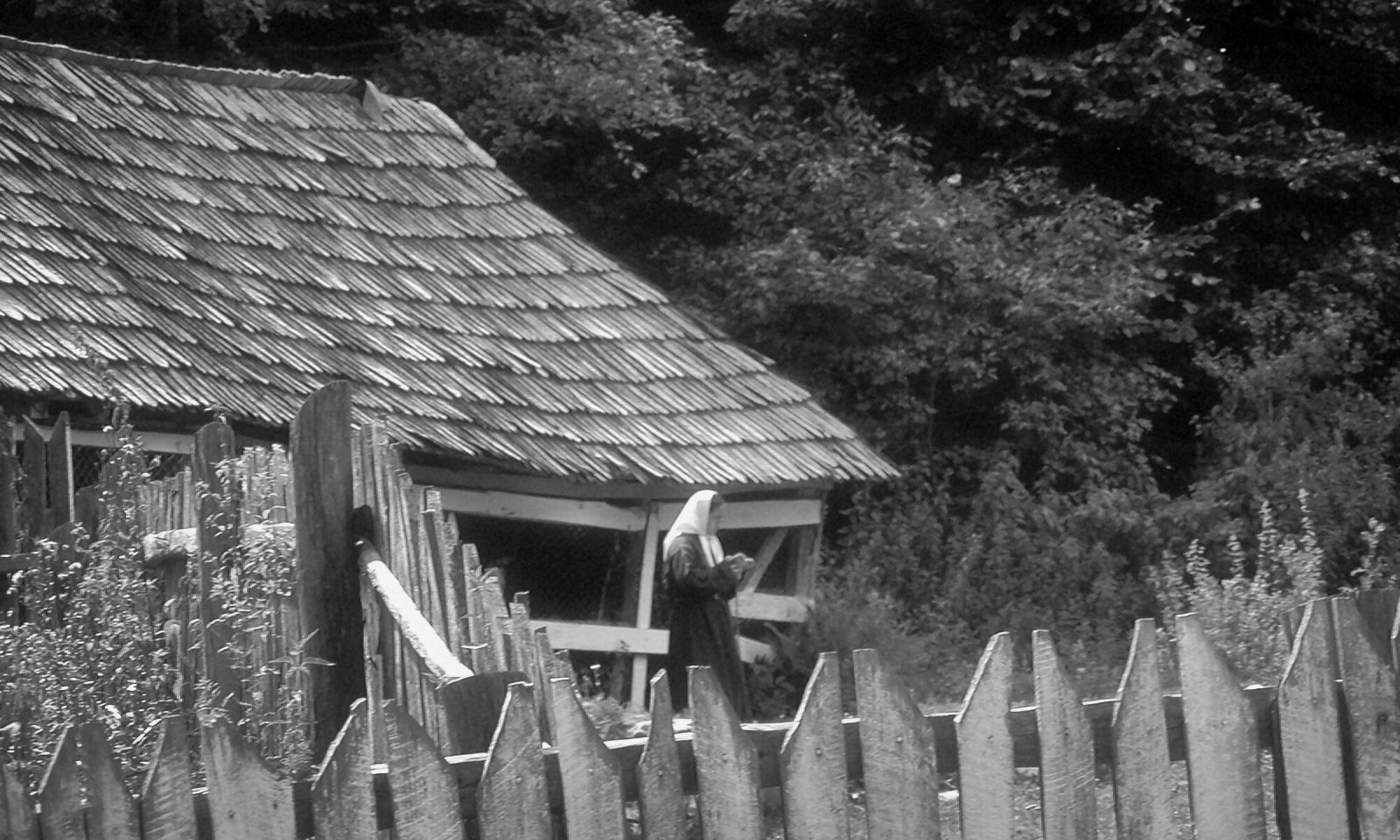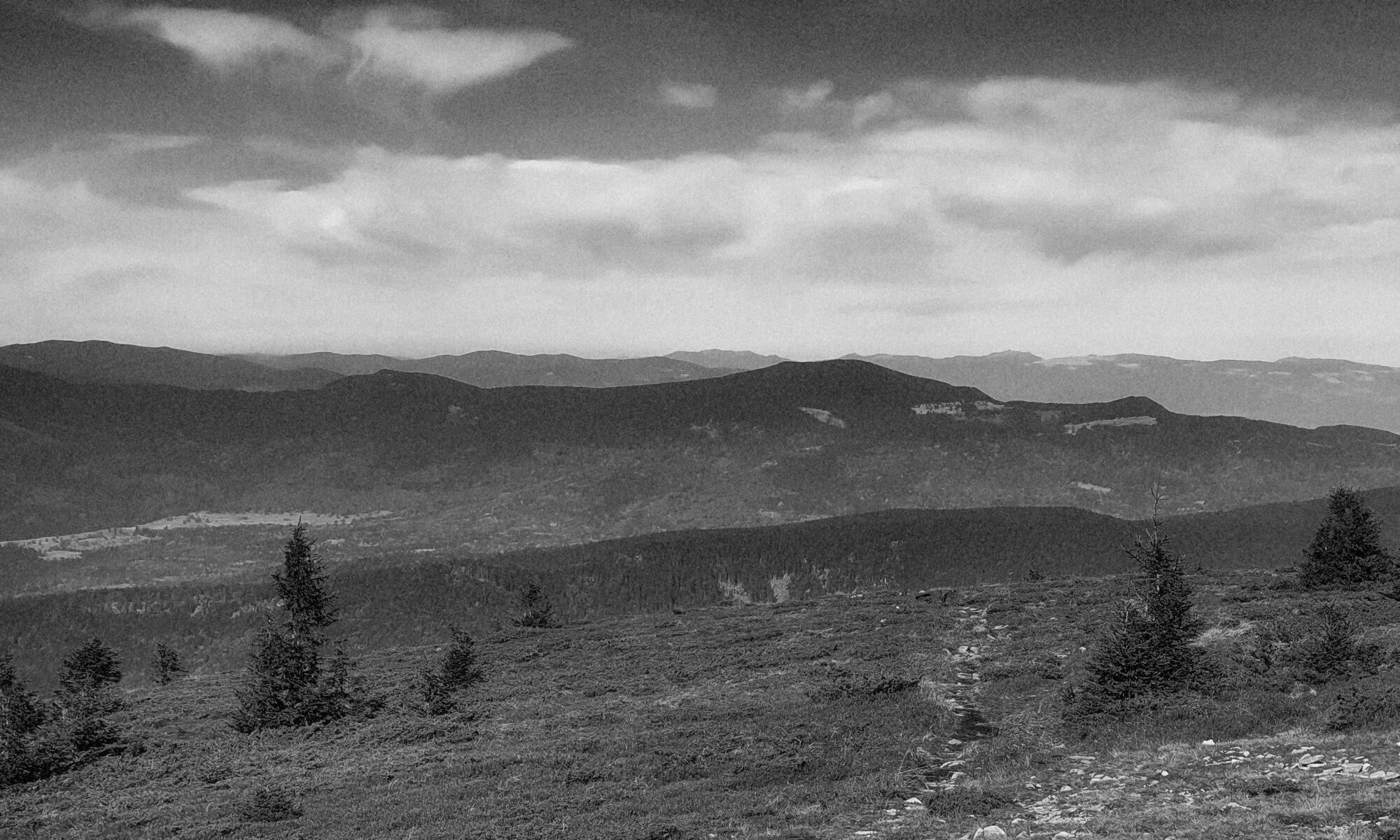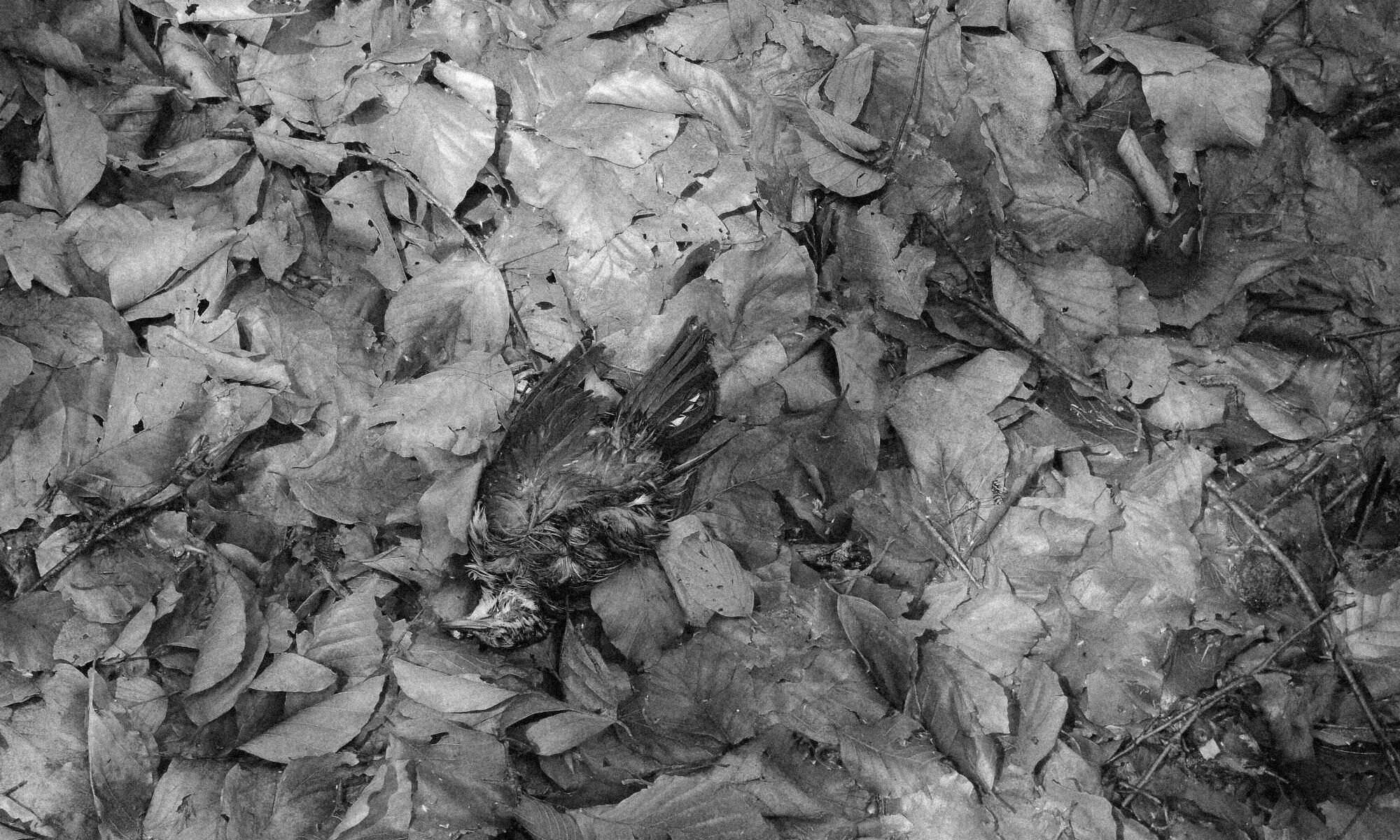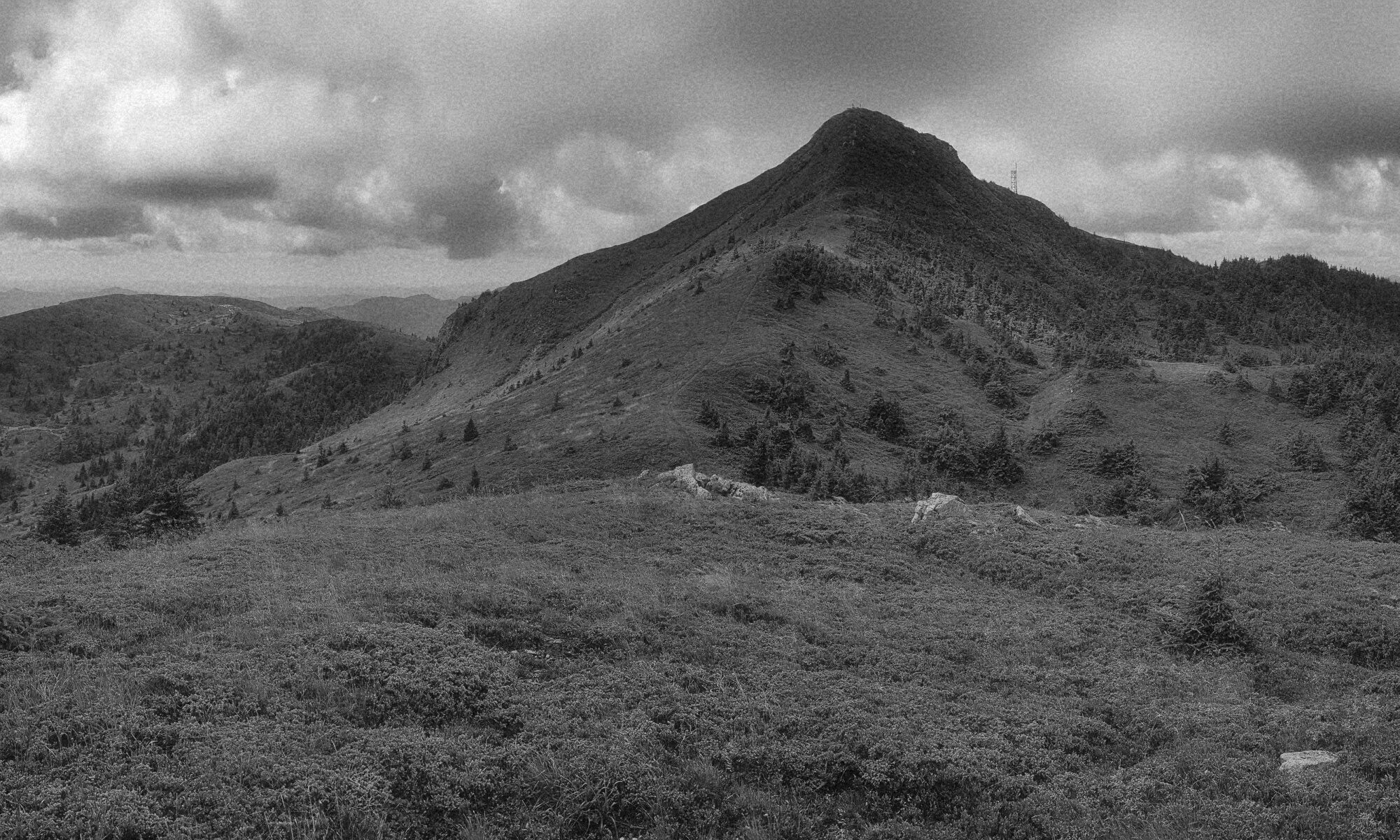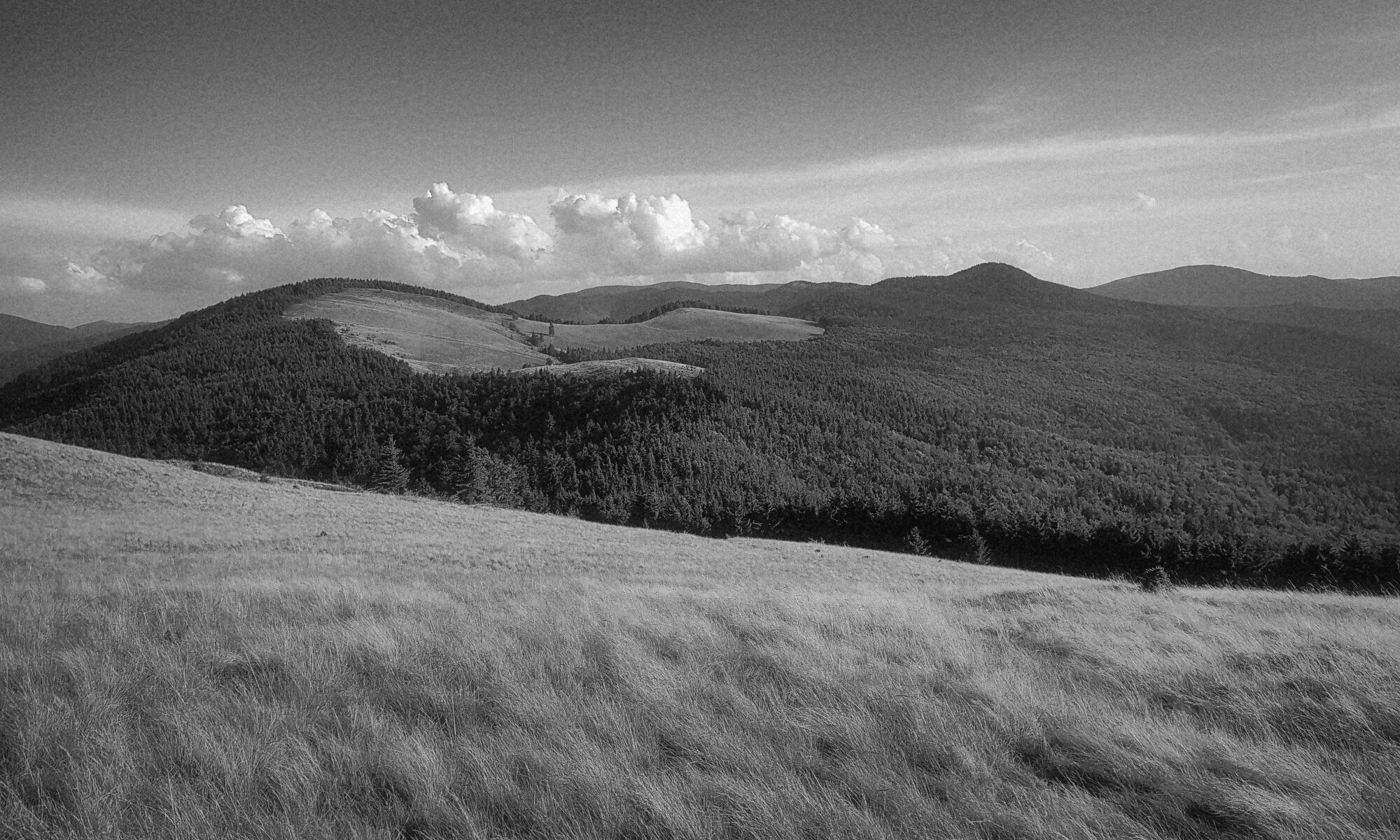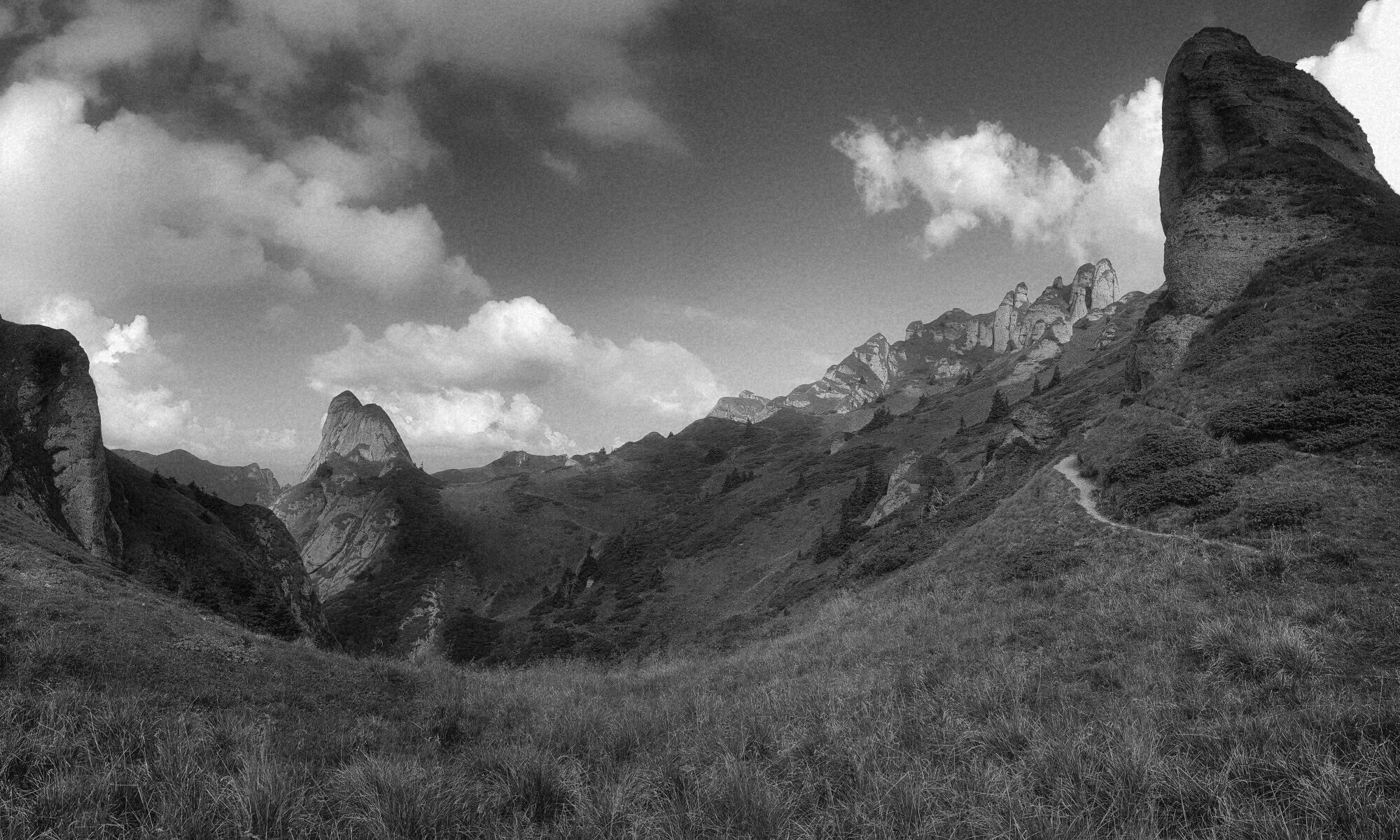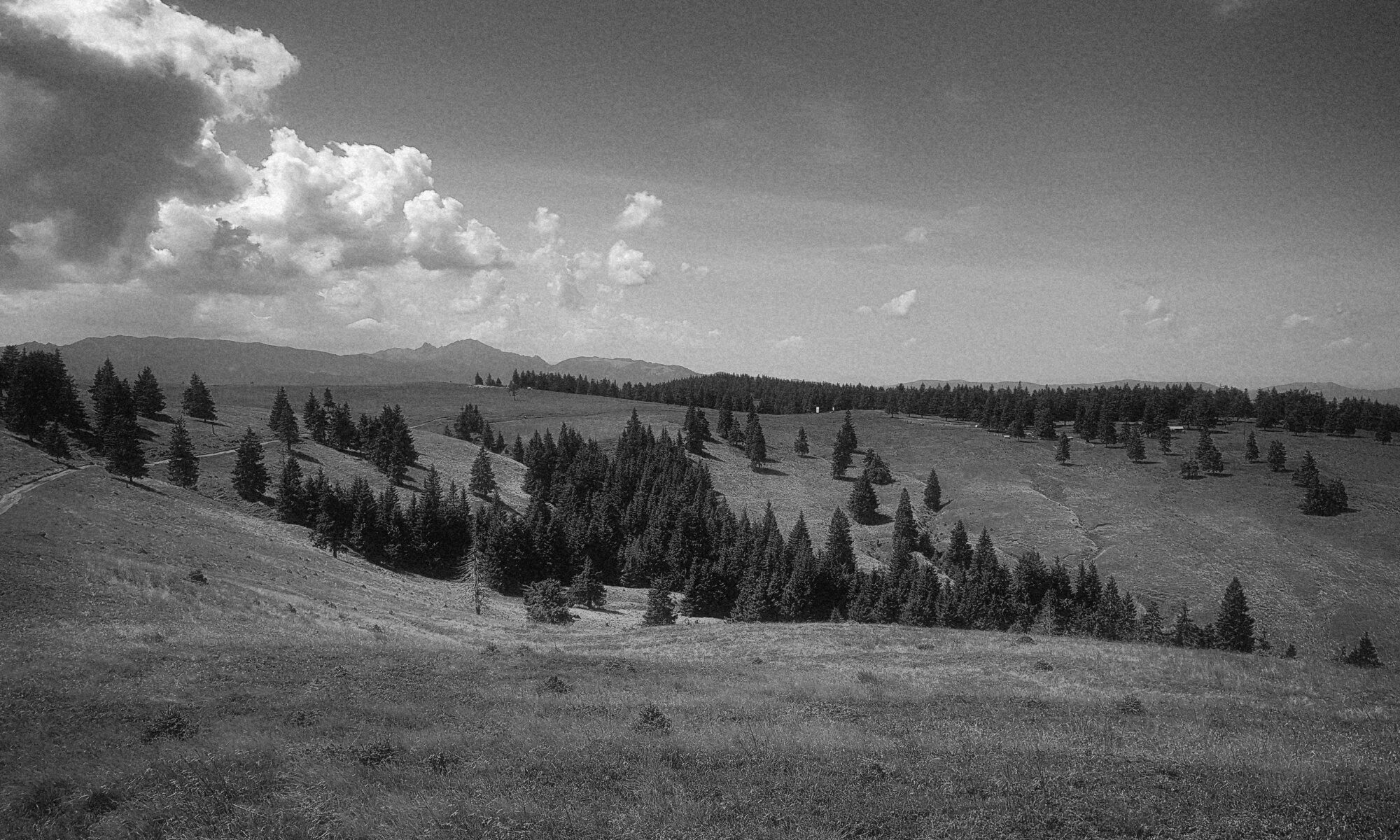There are three things most beautiful in all the world, and the first of these is scent.
THE PROPHET MUHAMMAD, 7th century AD
This is a game of kings, little brother – once born without it, you can never learn it, if it is yours from birth, it is yours forever. Sensing an aroma you have not smelled for a quarter-century transports you straight back to the journeys of yesteryear, to the girls of your youth, to wooden shacks long turned to dust, to river banks of old. It is as if you had left them but an hour before. Memory of scent is the clearest, deepest, and most animal of all. Perhaps only useless, passionate people possess it. Compared to scent, our travel diaries, memories, pictures, and collections are blurred and sightless. Concealed beneath our crown, vault of primeval smells, lie tucked away all the perfumes of places we have ever visited, fragrant details we have long forgotten, waiting for the wind to catch them up after decades of dust and sleep. Therefore, sniff to everything, my squeamish little brother. Wrinkle not your nose, complain not of foul odor. All things are fragrant if you wish, even the most odious. Put your nose to anything and take a breath. Your nostrils smart at the scent; it rises up into your head, never again to be forgotten.
That which you grow accustomed to in your youth is ambrosial in old age. Kings should sprinkle all newborns, children, milk, gruel, clothes, and toys with their odor, whatever it may be. They would gain a devoted nation. All the hive would smell as one, all would love their ruler’s scent. Therefore, sniff to everything, little brother. Soon nothing will disgust you, and that is important. World and people will spread out before you as an array of different aromas. It is good that each person has his own smell and unbearable to drown out one’s scent with artificial odors. All Americans smell alike, their toxic aftershaves deprive them of their individuality. An Eskimo kiss is a beautiful thing – man and woman breathe in each other’s smells. How diverse and wonderful the Eskimo scent must be, so deep and full, when they say that all white men – even unwashed hunters and woodsmen – smell of flowers.
Put your nose to everything. How wonderful that each girl has her own bouquet of smells. You will never forget the aroma of her secret places, the milky scent of thousands of fragrant little creatures. There is no greater death than to be repulsed by your lover’s scent. Smell is of utmost importance in marriage too. A thirty-year-old lecture by my zoology professor, Mr. Komárek, still sticks in my mind. The old man warned against marrying a girl whose scent did not please or excite us. Sight is not important. Beauty passes and we cease to notice unseemly things. Hearing, too, is not a decisive factor. We can grow accustomed even to a squawky voice. Touch is deceptive. Love makes what is rough tender. But smell cannot be deceived. What is unpleasant the first night becomes repugnant until death, we never grow used to it.
But enough, I am skating on thin and distant ice. Let us return to our pilgrim games! The game of smells is perfect for when you travel. You can use it to recall bygone lands. Have you forgotten what the Sázava River looked like when you were nine years old? Do you search your memory, vainly trying to conjure up visions of the past? Try letting three earthworms die in a matchbox, then open it two days later. That will do the trick! The unmistakable, heavy aroma (call it that, my squeamish little brother!) will evoke that July day of forty years ago. Suddenly, you remember everything. You wore red trousers, a white bird soared above the river. Willows swayed in the current, a barbel leapt above the water’s surface, a raftsman called in the distance. You were sorry for the earthworms that died, forgotten in the little box. If only their lives had ended in a better death – like at the end of a fishing line. One sniff and you remember it all: how wide the river, how slippery the stones. Someone ambling along the further bank. Lunch time, and the linden blossoms fading. The smell of tar and fish in your nostrils. The yearning to stand barefoot on a boat and sail off into the distance. What a remarkable eulogy to long dead earthworms. They did not die in vain!
Therefore, smell everything, little brother, your life will be the better for it!
